Coronavirus: Australian Border closure details, state by state
With coronavirus cases on the rise, states and territories are closing their borders. Here’s where you can still get through.
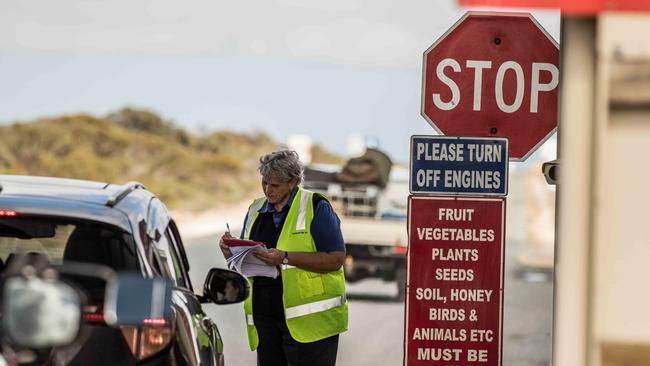
Queensland has become the latest state to close its borders, as government leaders enact measures to slow the rate of coronavirus infections.
The closing of borders means people will be required to self-isolate for two weeks on arrival, but there will be exemptions made for workers in “essential” services such as healthcare and defence.
Both Victoria and NSW have indicated that their state’s borders will remain open. ACT’s chief minister Andrew Barr said it was not feasible for the territory to close its borders, as it small in size and surrounded by New South Wales.
Here’s a summary of what’s happening around the nation.
Queensland
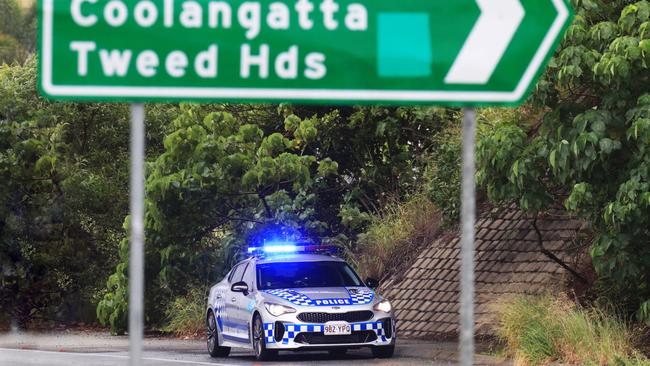
From Wednesday midnight, new arrivals will be made to self-isolate for two weeks, regardless of whether they are unwell.
Gold Coast mayor Tom Tate has flagged police checkpoints potentially being established. The Queensland government is expected to announce details on how the border restrictions would be enforced.
Last week, Premier Anastascia Palaszczuk announced Queensland would close its western border to the Northern Territory, after the territory government decided to restrict border crossings. The government also said it would cut off remote Indigenous communities from unnecessary visitors.
Cape York’s Aboriginal communities and those in the Torres Strait Islands are included in the list of communities shut. Mayors in Indigenous communities have backed these restrictions.
The state government is also making arrangements to fly Indigenous children at boarding schools home to their communities.
Western Australia
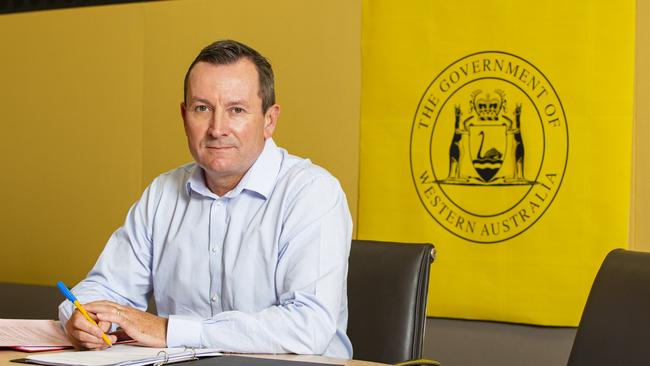
From 1.30pm Tuesday all new arrivals to Western Australia are required to self-quarantine for 14 days.
The state government will enforce border controls at all air, road, rail and sea access points.
Premier Mark McGowan said exemptions would be made for healthcare and employees of other essential services. Mr McGowan urged those planning to holiday in Western Australia to cancel their plans.
"Otherwise you're going to be required to self-isolate in Western Australia," he said.
A drone shot of the huge traffic jam at the WA border taken by my ABC colleague @rhi_stevens @abcperth @ABCRural @abcnews pic.twitter.com/hRemHeijm4
— Jarrod Lucas (@jarrodl17) March 24, 2020
WA Police Commissioner Chris Dawson said non-residents would not be turned away from the border at this stage.
The state government is urging the public not to visit remote Aboriginal communities.
“Whether it's the Kimberley or the Goldfields, we're looking at what rules can be put in place there to protect those areas, the immunity of Aboriginal people is not as good as the non-Aboriginal population," Mr McGowan said.
South Australia
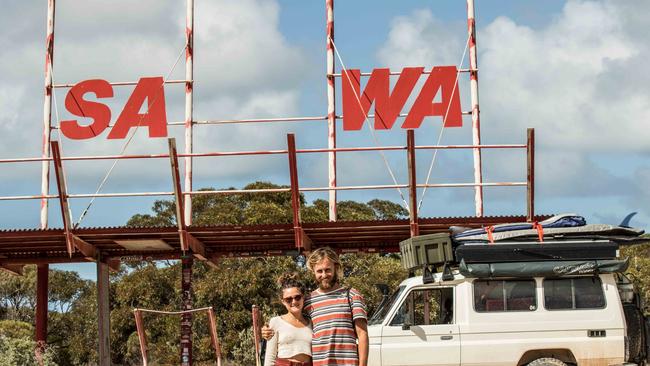
South Australia will close its borders indefinitely from 4pm Tuesday. All new arrivals will be required to self-isolate for 14 days and sign a declaration about their health and provide address details for their period of isolation..
South Australia Premier Steven Marshall said exemptions would be made to “maintain health, the food supply chain, and the sate’s economic needs”.
South Australia police are also continuing to do spot checks on those required to self-isolate, such as those who have recently returned from overseas.
Mr Marshall reassured people who live in border communities with the state and Northern Territory that they would be allowed to cross into South Australia, if there were no outbreaks in those towns.
Exemptions will also be in place for freight to cross the border.
South Australia’s remote Anangu Pitjantjatjara Yankunytjatjara Lands will cut themselves off from the rest of the nation from Tuesday afternoon.
The indigenous body managing the region was the first in Australia to introduce strict new entry rules last month to combat the deadly coronavirus outbreak.
APY general manager Richard King said the COVID-19 pandemic had created potentially fatal consequences for APY residents from outside contact.
From 4pm on Tuesday 24 March, APY will control all access points to the APY Lands.
Northern Territory
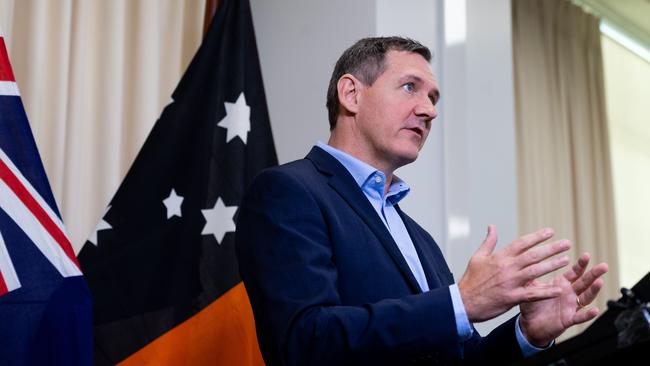
From Tuesday at 4pm, all visitors to the Northern Territory will have to self-isolate for two weeks. These measures could be in place for up to six months.
The state’s chief minister Michael Gunner has flagged potential exemptions for workers in a range of essential industries, including health and emergency, aviation sector and defence.
At interstate airports, travellers will have to sign a declaration and provide information about the address they will be isolating at.
The government will establish similar checks at road checkpoints. The territory’s police commissioner, Jamie Chalke, has signalled that officers would be stationed at major roads into the territory, including the Victoria Highway, Stuart Highway and Barkly Highway from 4pm Tuesday.
The same measures apply to those travelling by boat.
People who breach the quarantine rules could face a fine of up to $62,8000.
The commissioner has requested people travelling to the Northern Territory for a holiday re-evaluate their plans, in line with the federal government’s advice to halt all unnecessary travel.
For those who arrive in the Northern Territory before 4pm on Tuesday, the government is urging them to voluntarily self-isolate. Exemptions for those living in border communities are likely to be made, in tandem with South Australia's measures.
Tasmania
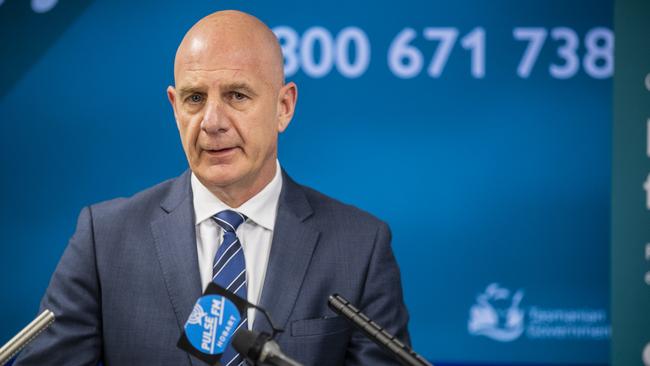
Tasmania was the first Australian state or territory to announce border controls in a bid to slow the spread of coronavirus, making the move last week.
From last Friday, every “non essential” arrival has been required to self-isolate for 14 days. Premier, Peter Gutwein said those in essential services like healthcare workers would be exempt from restrictions, was would people travelling for medical care.
All arrivals, including residents of Tasmania, will be required to complete a declaration form to help the government track those in isolation.
People who breach the new measures could face a fine of up to $16,800 or six months in jail. Tasmania’s state of emergency now gives fresh power to the Police Commissioner to enforce these measures.

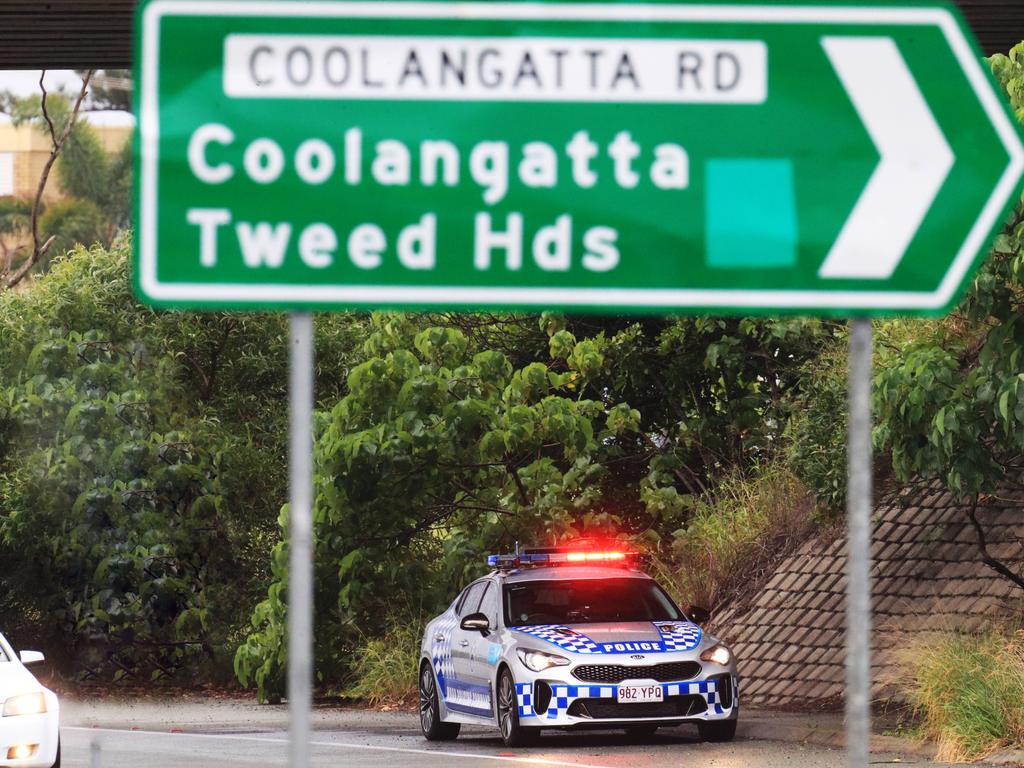

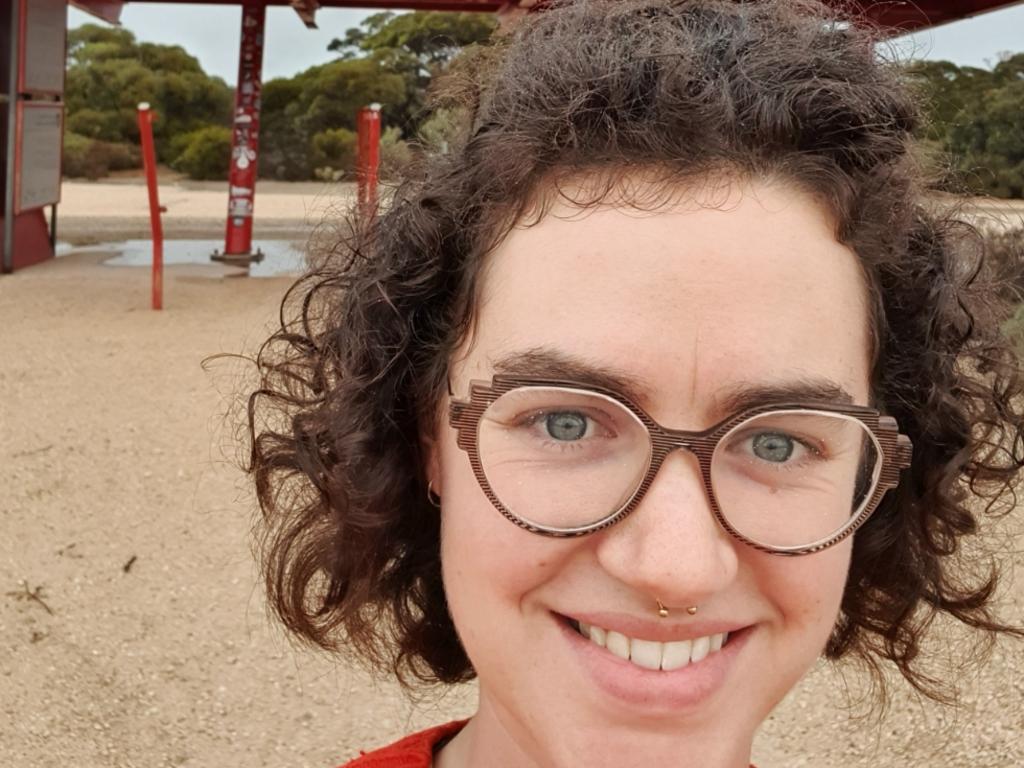


To join the conversation, please log in. Don't have an account? Register
Join the conversation, you are commenting as Logout